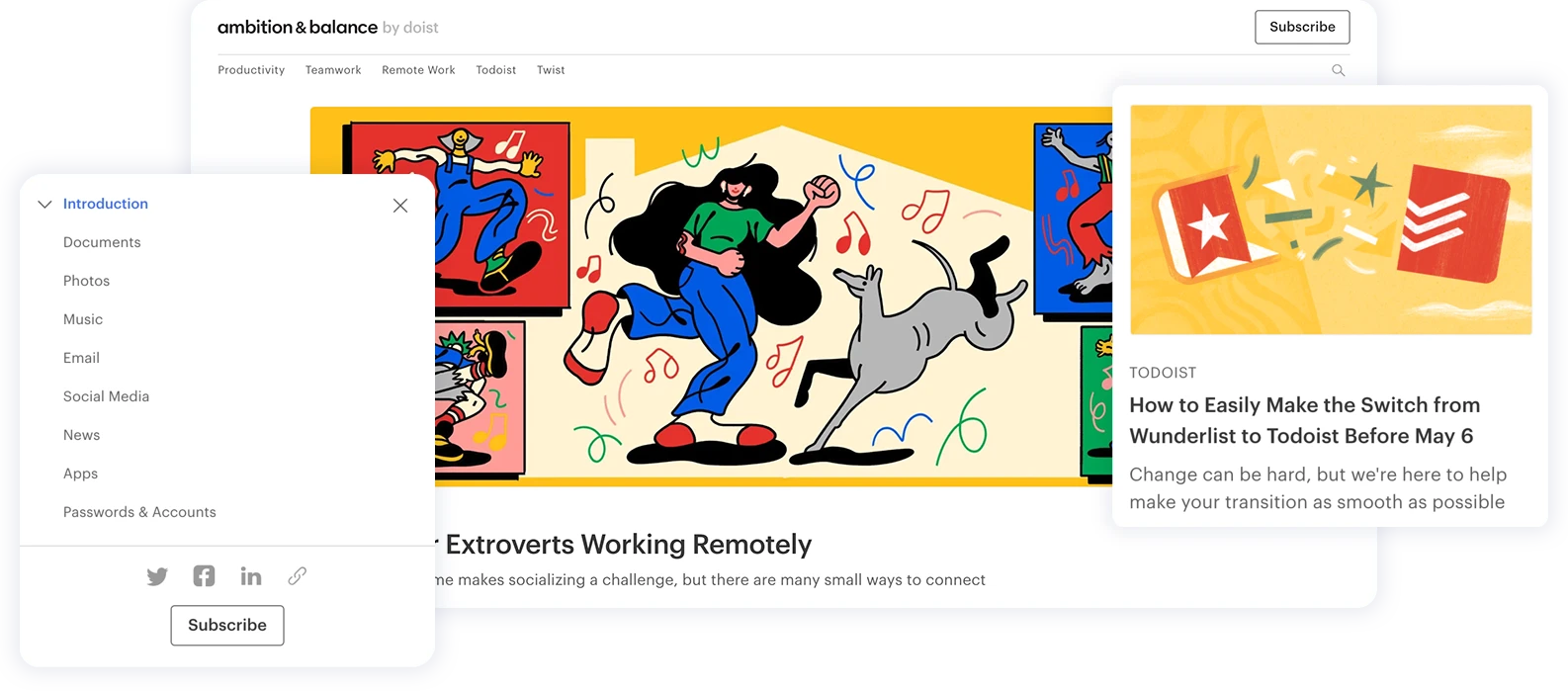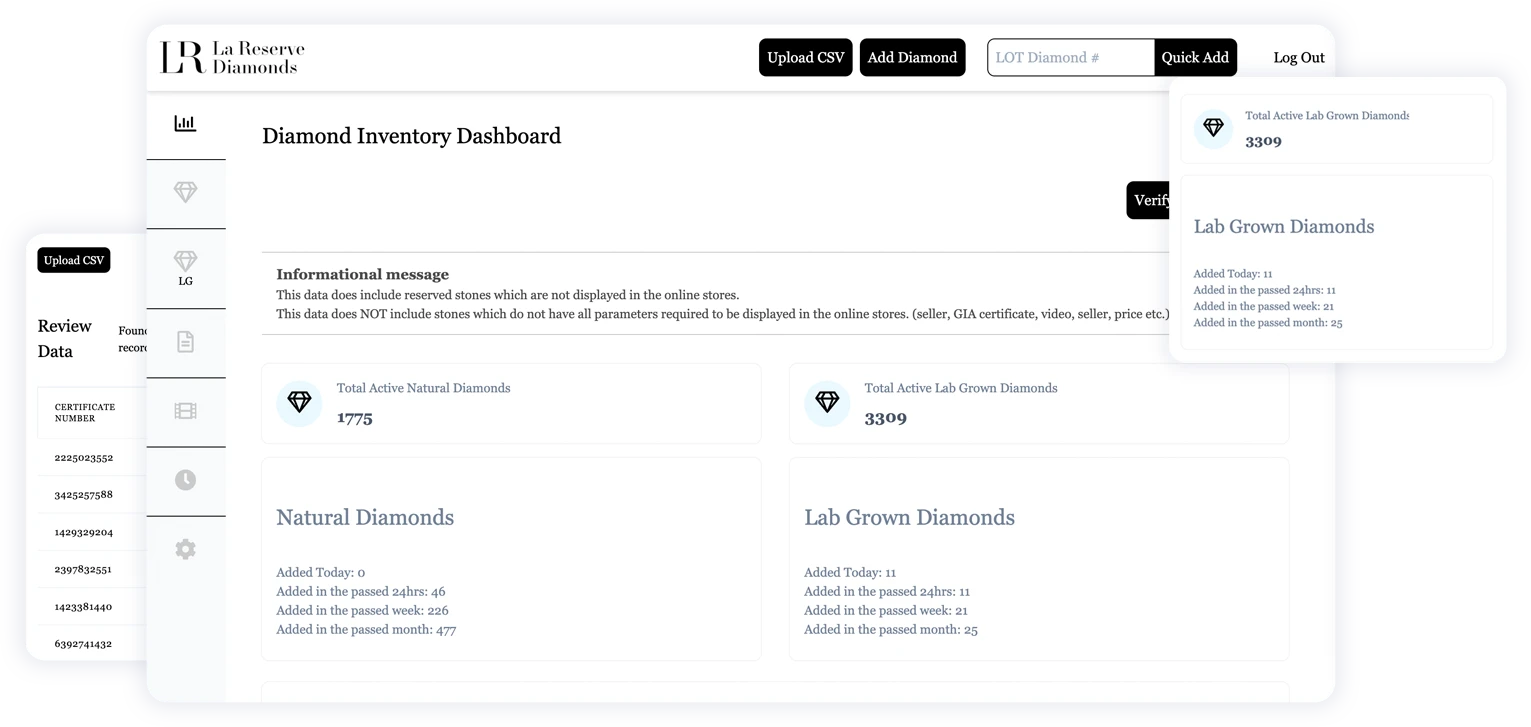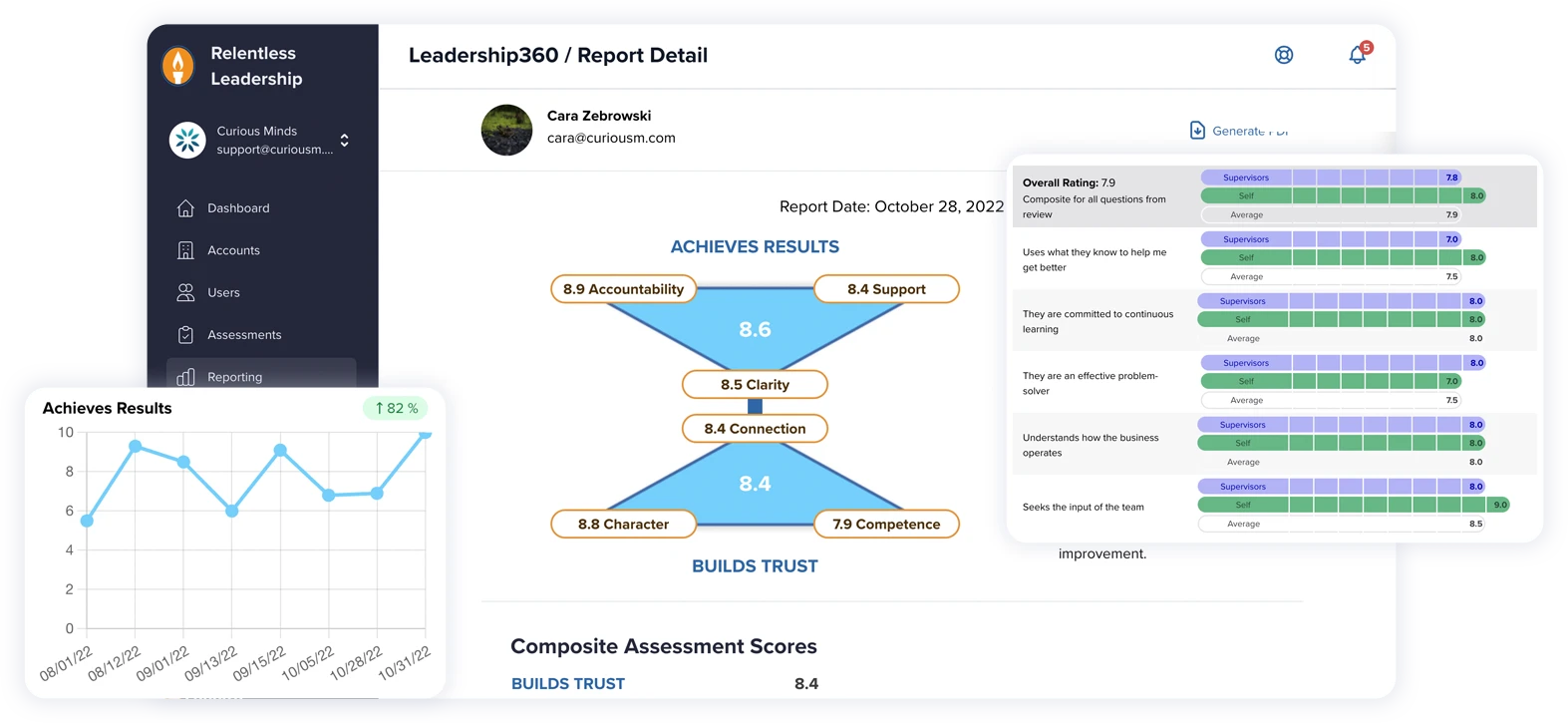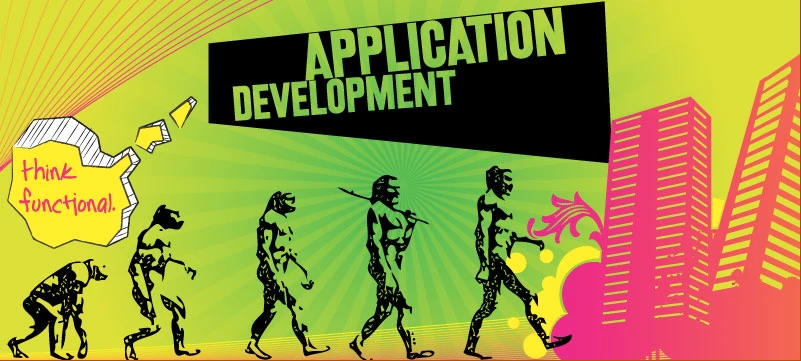We all know personalization is king these days. Customers expect experiences tailored to them. While AI chatbots often grab the headlines, there’s another AI powerhouse working behind the scenes that’s changing the game for online shopping: Retrieval-Augmented Generation, or RAG. This isn't just another buzzword; it's a smarter way to build product recommendation engines that go way beyond simple keyword matching or looking at what someone bought last time. We're talking about RAG product recommendations that are incredibly precise and understand context.
Got a website with tons of complex technical gear? Or products with really specific requirements? RAG helps cut through the complexity. It dives into your own internal data – think spec sheets, compatibility notes, manuals – to offer up suggestions that make sense. It’s the engine behind a truly Intelligent Product Finder and a fantastic example of using AI for complex catalogs.
Why Old-School Recommendation Engines Often Miss the Mark
Let's face it, traditional recommendation tools can be frustratingly basic. They usually work off simple filters, matching keywords, or guessing based on past clicks. That might be okay for a simple t-shirt store, but it falls apart quickly when you're dealing with complicated products that have detailed specs or need to work with other specific items.
Their biggest flaw? They often don't truly understand the details of what someone is asking for. It's more like pattern matching than actual comprehension. So, if a customer phrases their need slightly differently or asks for something unusual, the engine might throw up irrelevant junk or just give up entirely. Plus, without smarter ways to tweak results (like reranking or understanding synonyms), they don't really learn or adapt well.
There's also the issue of bias. These systems tend to push popular items, meaning newer or more specialized products – maybe the perfect fit for a customer – get buried. And because they often rely on data that isn't updated constantly, you risk offering recommendations that are flat-out wrong or outdated. That's a quick way to lose a customer's trust. While they were a starting point, these old methods just aren't cut out for the tricky navigation needed today.
What Makes RAG Different (and Better) for Finding Products?
This is where retrieval-augmented generation (RAG) really changes the game. Instead of just looking at past behavior or keywords, RAG cleverly combines the language smarts of modern AI models with the ability to check specific, detailed information in real-time. This makes it incredibly good at handling complex product searches.
Imagine someone needs a piece of specialized equipment – maybe a medical device component or an industrial part – that absolutely must meet certain industry standards or be compatible with their existing setup. A RAG system doesn't just guess based on past sales. It actively digs into technical spec sheets, compatibility databases, user manuals, and other relevant documents you provide to find options that actually fit the bill.
Because RAG uses advanced natural language processing, it gets much closer to understanding the intent behind even complex or vaguely worded requests. Customers get suggestions grounded in the latest, most accurate information available. It takes a lot of the guesswork out of finding the right product, especially in fields where precision is non-negotiable.
Essentially, RAG creates a far more Intelligent Product Finder because it connects real-time data retrieval with genuine language understanding. It’s a huge leap forward for any business wanting to give customers a personalized, confident shopping experience where they feel understood and find the perfect match without tearing their hair out.
Making Complex Catalogs Easy to Navigate with RAG
Giant product catalogs can feel like a maze for customers. Trying to find the right thing using fiddly filters or endless keyword searches often leads to dead ends or information overload. Retrieval-Augmented Generation (RAG) offers a much smoother path.
RAG lets you build a smarter navigation system that pulls together info from all sorts of places – spec sheets, customer reviews, case studies, you name it. It can index all this information smartly, creating a rich knowledge base. When a customer types in a query, RAG doesn't just scan for keywords. It analyzes the question to figure out what the person really means and needs.
This focus on context means RAG provides suggestions that truly make sense. If someone's looking for a technical part with specific features, RAG can cross-reference compatibility guides or technical docs to recommend only the options that will actually work for them. No more guessing games.
Basically, RAG turns catalog Browse from a potentially frustrating search task into an intuitive conversation where customers get tailored, accurate recommendations quickly. Helping people find exactly what they need efficiently is a surefire way to boost satisfaction and keep them coming back.
Building Smarter Product Finders with Curious Minds
Putting RAG to work effectively requires real AI know-how applied to specific business challenges. Curious Minds uses Retrieval-Augmented Generation (RAG) to build recommendation systems that are leagues ahead of basic tools. Their RAG product recommendations tap into your diverse data sources, understanding complex customer questions in natural language, not just looking at past clicks. This is especially powerful when using AI for complex catalogs.
The Curious Minds approach focuses on getting the RAG engine to understand subtle requests. They use smart techniques (like fine-tuning prompts and using multi-step logic) to make sure the system retrieves the right information accurately. They also work on making it fast, using methods like semantic caching (remembering results of similar queries) and refining searches behind the scenes.
Crucially, they keep the user experience front and center. By combining clever semantic search (understanding meaning) with reliable keyword approaches, they make sure users get results that are both spot-on and complete. This Intelligent Product Finder technology makes the buying journey smoother and builds customer confidence. Curious Minds helps businesses with complex product lines use AI to connect customers with the perfect product, seamlessly.
AI Recommendations That Genuinely Understand Your Products
Curious Minds uses the power of RAG to create intelligent product finders that truly grasp the details of your specific catalog. Going far beyond simple keyword matching, these advanced AI systems deliver accurate, nuanced recommendations because they understand what makes your products unique. Working with Curious Minds means getting sophisticated AI solutions built for your needs, ensuring your customers find exactly what they’re looking for, every time.


















